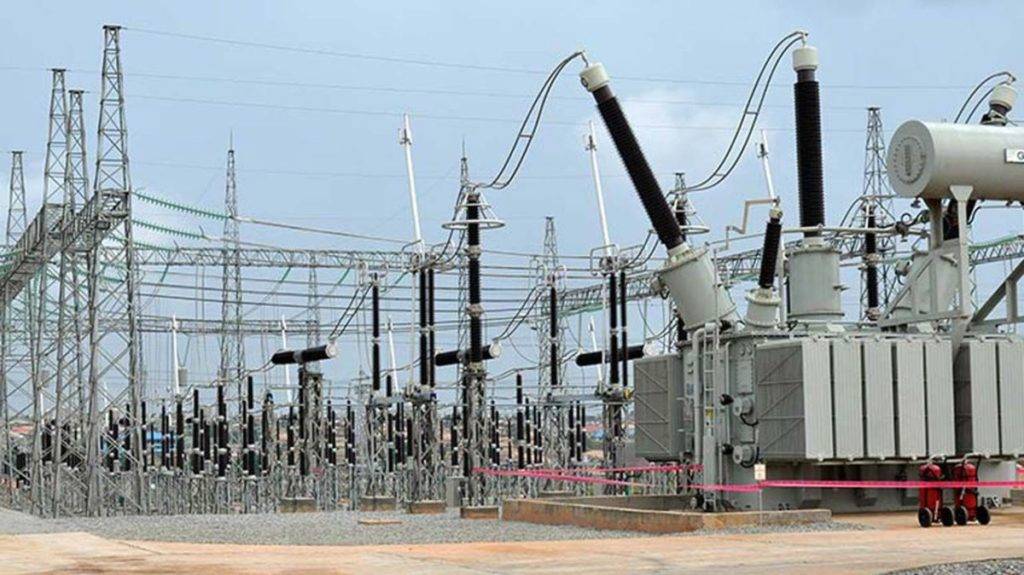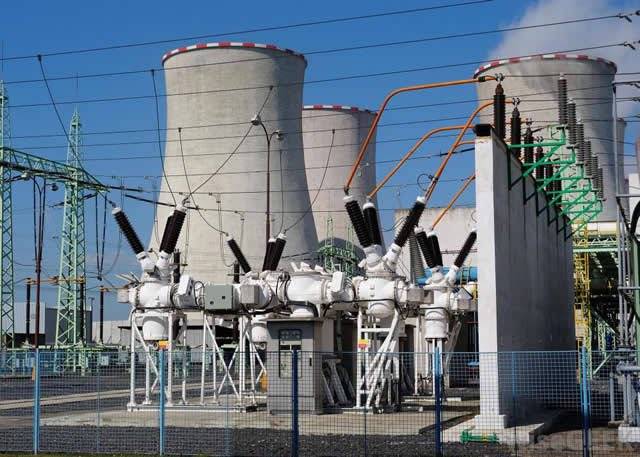Minister of Power, Mr. Bayo Adelabu, expressed concern during his visit to the Olorunshogo and Omotosho Power Plants about the substantial under-utilization of these key facilities. Mr. Bayo Adelabu highlighted that both plants were operating at less than 25 percent capacity, a concerning factor given the ongoing national complaint about insufficient power generation. The primary reason for this under-capacity utilization, according to the minister, is the shortage in gas supply to these power installations.
Mr. Bayo Adelabu’s visit aimed to inspect and monitor the physical and operational states of the power plants, emphasizing the need to address the gas supply challenges. He outlined plans to explore solutions to improve operational capacity, including repairs to downed turbines. The minister’s commitment to enhancing gas supply to these facilities reflects the government’s determination to address the longstanding issue of inadequate power generation in the nation.
Power Generation Companies Grappling with Debts
During the inspection, Mr. Bayo Adelabu also drew attention to the financial struggles faced by power generation companies, pointing out that substantial debts were owed to them due to electricity subsidies. He called for a migration to cost-reflective tariffs, arguing that fully funding subsidies was essential to address the liquidity challenges in the sector. Mr. Bayo Adelabu emphasized the need for the government to fulfill subsidy promises, as the inability to do so contributes to the accumulation of debts, hindering power companies from paying their gas suppliers promptly.

The Mr. Bayo Adelabu identified the Distribution Companies (DisCos) and the Federal Government as major contributors to the debt burden, particularly the unfunded portion of the subsidy. He underscored the interconnected nature of these financial challenges, where owed debts impact the ability to pay gas suppliers, creating a domino effect on the overall functionality of the power sector.
Mr. Bayo Adelabu Pledges Action to Improve Power Supply Nationwide
Mr. Bayo Adelabu reassured the public that the government is actively working to address these challenges and improve power supply nationwide. He acknowledged the importance of reliable energy sources and promised that efforts were underway to enhance power availability for Nigerians. The commitment to addressing both gas supply issues and financial constraints in the power sector signals the government’s determination to provide a sustainable and robust energy infrastructure for the nation. Mr. Bayo Adelabu visit to these power plants reflects a comprehensive approach to tackling the multifaceted challenges faced by the power sector, reinforcing the government’s commitment to meeting the energy needs of its citizens.
Persistent Challenges in Nigeria’s Electricity Supply
In the perpetual struggle to overcome the erratic power supply in Nigeria, a daunting challenge that has persisted through successive governments, the nation finds itself trapped in a cycle of unfulfilled promises and colossal failures. Despite numerous initiatives aimed at resolving this issue, the power supply remains inconsistent, casting a shadow over the country’s development prospects. Each administration comes with a renewed determination to tackle the problem, only to be met with the harsh reality of an enduring crisis.

The recent visit of Mr. Adelabu to the Olorunsogo and Omotosho power plants shed light on a crucial aspect of this conundrum. It was revealed that these plants, critical components in the electricity supply chain, were operating far below their capacity. This discovery not only points to a lack of effective utilization of existing infrastructure but also reinforces the widely held perception that the government’s commitment to ensuring a consistent power supply is questionable. The underutilization of these plants represents a tangible obstacle that, if addressed, could significantly contribute to resolving the electricity crisis in Nigeria.
Implications for Economic Development
The ramifications of Nigeria’s persistent electricity challenges are nothing short of gargantuan, exerting a profound impact on the country’s economic development. The inability to guarantee a stable power supply hampers industrial productivity, discourages foreign investment, and stifles entrepreneurial initiatives. This consistent lack of electricity undermines the growth of vital sectors, including manufacturing, technology, and services, hindering the nation’s ability to harness its full economic potential.
The repercussions extend beyond the business realm, affecting the daily lives of citizens who grapple with power outages and unreliable access to essential services. As the backbone of economic progress, a reliable power supply is indispensable for job creation, poverty alleviation, and overall societal well-being. Addressing the underutilization of power plants and implementing effective strategies to ensure consistent electricity provision is not merely a matter of convenience but an imperative step towards unlocking Nigeria’s economic prosperity. The government’s commitment to overcoming these challenges will be pivotal in determining the trajectory of the nation’s development.
Table of Contents
Discover more from OGM News NG
Subscribe to get the latest posts sent to your email.














